How “Left” or “Marxist-Leninist” is JVP as claimed in media?

How would you identify the JVP, politically? The JVP is almost always labelled in media as “Left leaning” and at times as “Marxist-Leninist”. Since the two elections they won last year (2024), “Former Marxist” is how media often calls President Anura Kumara and the JVP now. This is more in English media and in foreign coverage.
Quite recently a media report said, the JVP led NPP does not anymore call for “nationalisation of private enterprises, does not oppose privatisation of State-Owned Enterprises, giving up on their earlier Marxist political stands on national economy” while another media report said, President Anura Kumara had assured the visiting IMF delegation, they would not deviate from the agreed IMF programme, thus leaving their “Left” politics aside.
The ruthless “revolutionary”
Rohana Wijeweera the unknown initiator of the JVP had his affiliations with the CP of Ceylon then through his paternal politics, that gave him the opportunity for higher studies in the USSR. He was, it is said, forced to leave Soviet Russia for his Beijing fancied politics, during the Soviet-China conflict in early ‘60s. That perhaps was reason for Wijeweera to join with Shanmugathasan’s CP (Beijing wing) on his return to Sri Lanka and to work with its youth federation.

In 1965 he broke off from Shanmugathasan’s politics and went on his own in organising aclandestine armed organisation, that subsequently was named the JVP (People’s Liberation Front). During the initial phase when Wijeweera was compelled to have a political programme to recruit youth, the famous “05 classes” he formulated, included one that strongly argued against the “Left Movement in Sri Lanka” and a crude history of “socialist revolutions” with interpretations that supported Wijeweera’s “single day armed revolution”. The fourth class was developed against “Indian expansionism”.
Let me stress. Clandestine or not, a political decision that commits for a very primitive armed “revolution” to take State power in just one day, can be nowhere near Marxism-Leninism. Not even close to “Narodnism” a political movement in rural Russia that emerged in late 19th Century borrowing Marxist slogans now and then, and “stood for agrarian politics in mobilising the peasantry to oust the Russian Tsar in a popular peasant uprising”. Adding a strong anti-Indian expansionist political call to its own, Wijeweera left no space whatever for “Left” politics, leave alone “Marxist-Leninism”. Left politics and Marxism-Leninism can never be racist to any degree at any time.
Their hardline anti-India and anti-Tamil racist politics were more than evident during their 88-90 savage insurgency, when they went on a killing spree of ordinary Sinhala citizens for supporting and voting at the initial ’88 PC elections and for selling products imported from India. They interpreted “Tamil nationalism” as divisive politics that stand for a separate “Thamil Eelam”. Thus, justifying their opposition to the Tamil nationalist demand for “power sharing” even to date.
This JVP was brutally crushed before end 1990 by State Security Forces. Entire leadership including Wijeweera and Gamanayake were eliminated after they were brought under the custody of the Security Forces, leaving district activists leaderless, scattered and still underground not knowing what they could do.
Democratic JVP and UNP’s RW

Over the years in early 1990’s, they began regrouping as a democratic group, while State intelligence agencies were scouting for underground activists. After President Premadasa met with his tragic death in 1993 May, there apparently was a change in how President Wijetunge’s government led by PM Ranil Wickramasinghe accepted the regrouping of JVP for democratic politics, despite the JVP remaining proscribed. Perhaps the political reading of the ruling party leadership with Wickramsinghe was, JVP terror would come to an end, if the majority is brought to open politics, instead of rounding them up one by one. Nandana Gunathilake the General Secretary of the new JVP that was regrouping then in early 90’s, said in a public discussion recently, they knew they had to enter democratic politics to come out of trapped undercover, as people were not prepared to accept them as “revolutionaries”.
They entered parliamentary politics in 1994 August in alliance with SLFP dissident Ariya Bulegoda’s Sri Lanka Progressive Front (SLPF). They contested few districts including Hambantota and Matara. First elected JVP MP was from the Hambantota district. Elected on the preferential vote, he was not their choice. The new JVP leadership thus had a very ugly, rough tussle for many weeks with the elected candidate in forcing him to resign forthwith and the next two on the list as well, to have Nihal Galappaththy to be sworn in as the JVP MP.
For the November presidential elections in 1994, though contesting from SLPF, Galappaththy was presented to the public as the JVP candidate. JVP offered to withdraw him in favour of PA candidate Kumaratunge, if she undertakes in writing to abolish the executive presidency within 06 months from elections. She did provide a written undertaking as requested, but never bothered to look at it after she was elected with over 60 percent votes. For over 30 years thereafter, every political party at every election promised to abolish the presidency, but has not. Now as leader of the first political party to demand abolition of the Executive Presidency, Anura Kumara Dissanayake (AKD) is sitting on that very chair, gradually glorifying the presidency in establishing his authority as Executive President.
It is quite clear now, politics of AKD is the decisive factor in this JVP/NPP government.

Evolving as its most attractive and effective platform speaker, AKD was also the political factor in the JVP leadership that reached out to the Sinhala urban middleclass in forming the NPP as a new democratic political platform. He had the advantage of promoting colleagues like Vijitha Herath, Bimal Rathnayake, Vasantha Samarasinghe, Nalinda Jayatissa to the top leadership, who would be accepted within urban Sinhala middleclass circles. They are different to those like Somawansa, Weerawansa, Nandana and Tilvin from Kalutara district who were basically tied to lower social segments of the Southern Sinhala society, a fair distance away from the middleclass.
Racism & JVP
What is thus important is to know, it was not the NPP that diluted “Left” coinig in JVP rhetoric. Even during Somawansa’s leadership with AKD and his colleagues participating in decision making, the JVP never pushed for “Left” political positions as non-negotiable. Though they gave “Left” slogans loud voice in their May Day processions to impress workers, they never stood firm with “Left” slogans in parliamentary politics. In 2001 September negotiating

conditions for a “probationary” government with a desperate President Chandrika Kumaratunge, JVP’s first condition was halting discussions with the LTTE on power devolution and limiting the cabinet of ministers to 20 members. They were soft on ongoing IMF programme, proposing discussions with the IMF on “privatising State enterprises”, no different to where they stand on the Wickramasinghe agreed IMF programme. That “probationary” government never took shape with 15 MPs including 03 ministers of the Kumaratunge government crossing over to the opposition UNP.
Again, in 2004 April parliamentary elections, JVP joined President Kumaratunge’s UPFA on condition they would be given 04 ministries and 04 deputies including ministry of Agriculture, the portfolio held by AKD. The main condition once again remained the stalling of negotiations on devolution with LTTE. President Kumaratunge’s negotiations with LTTE for post-Tsunami relief, nevertheless led JVP to leave the government in June 2005.
A few months later, agreeing to Rajapaksa’s candidature at the November 2005 presidential elections, JVP signed a MoU with Mahinda Rajapaksa that said, “It is agreed to protect, defend and preserve the unitary nature of the Sri Lankan state under any solution to be presented, formed or formulated for the purpose of the resolution of the national question.”
All through their parliamentary political history since 1994, JVP has not been as firm on privatisation of State enterprises, and the IMF, as they have been against “devolution of power.” They have also stood firm and uncompromising on the “Unitary State” as no other Sinhala-Buddhist entity in the South. In fact, it was the JVP that went before the Supreme Court, appealing for the de-merger of the North-East Province. President AKD borrowing Rajapaksa’s post-war Sinhala-Buddhist phrase “This country has no minorities – all are Sri Lankans and equals”, leaves nothing “Left” nor “Marxist-Leninist” in JVP, and leaves no alternative for the NPP too, but to follow AKD, the “Pied Piper”.
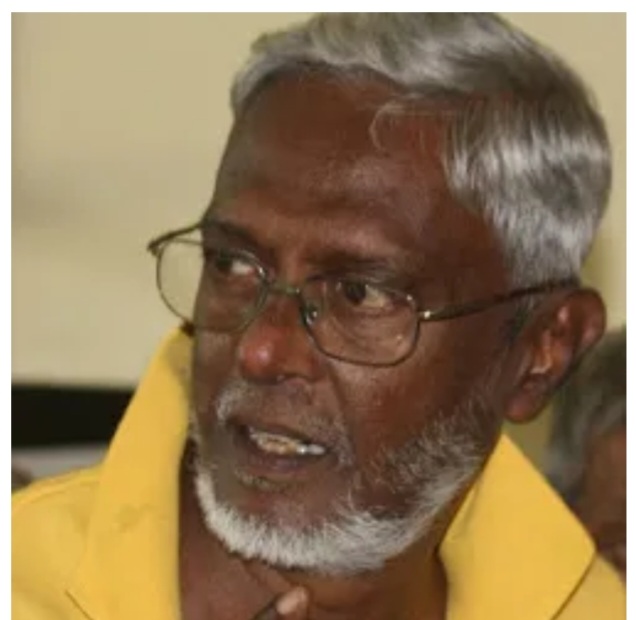
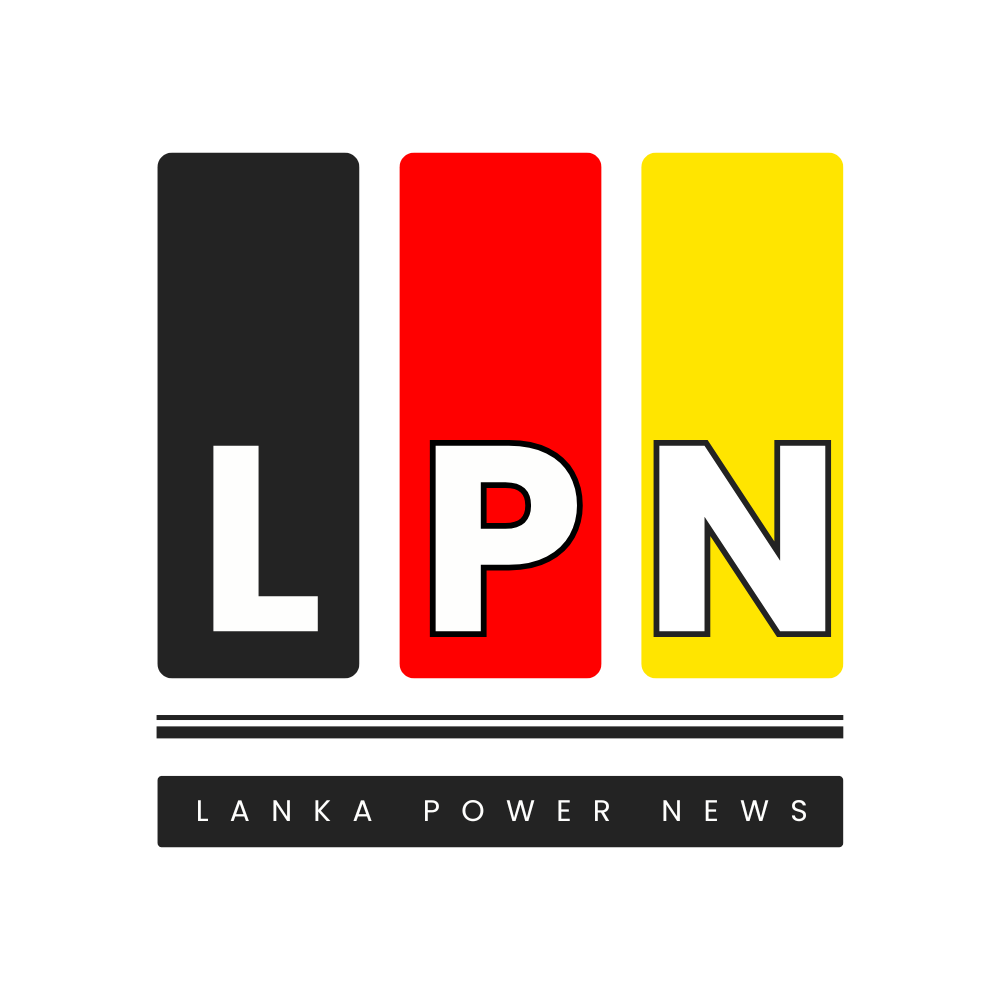
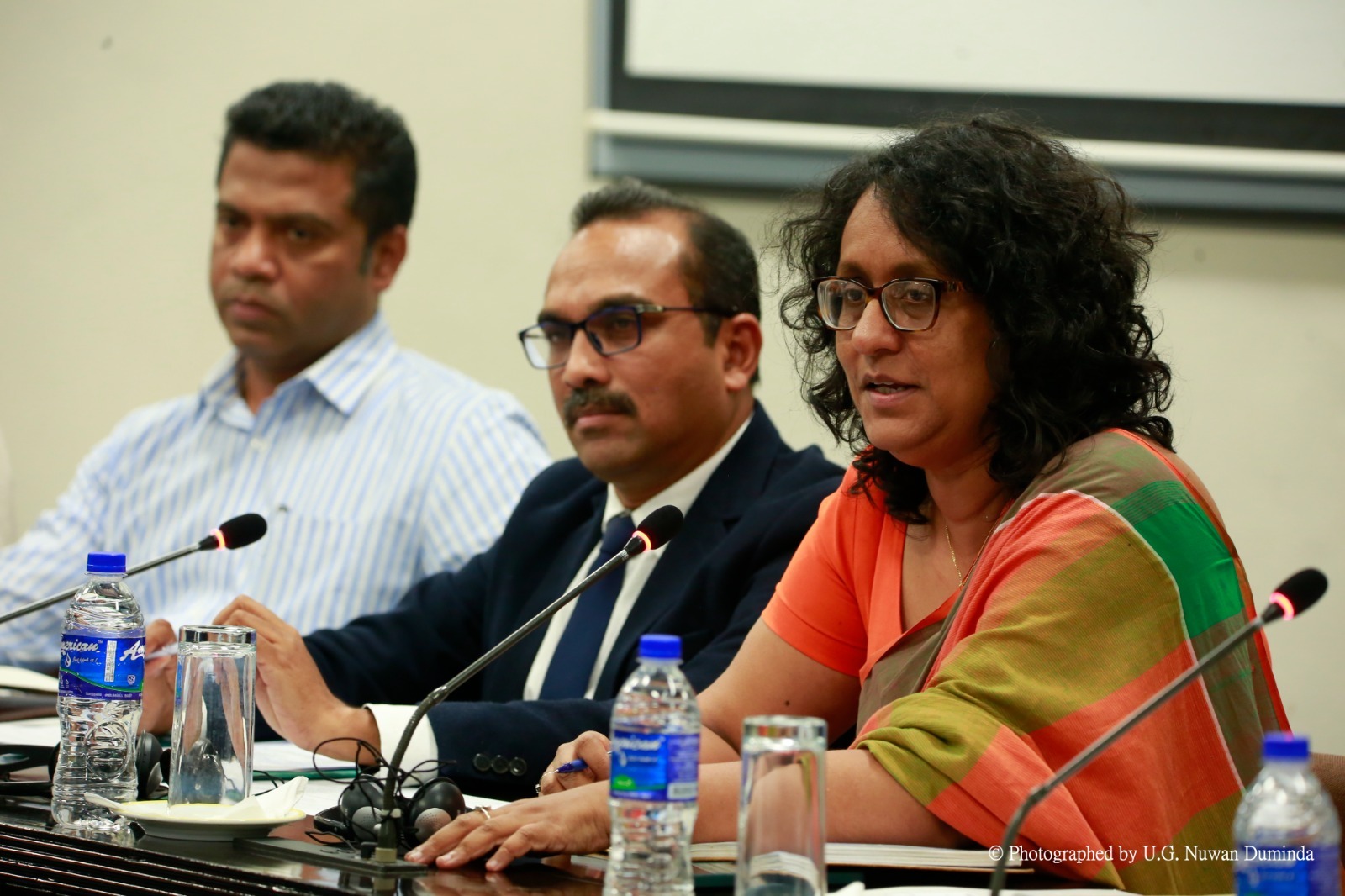
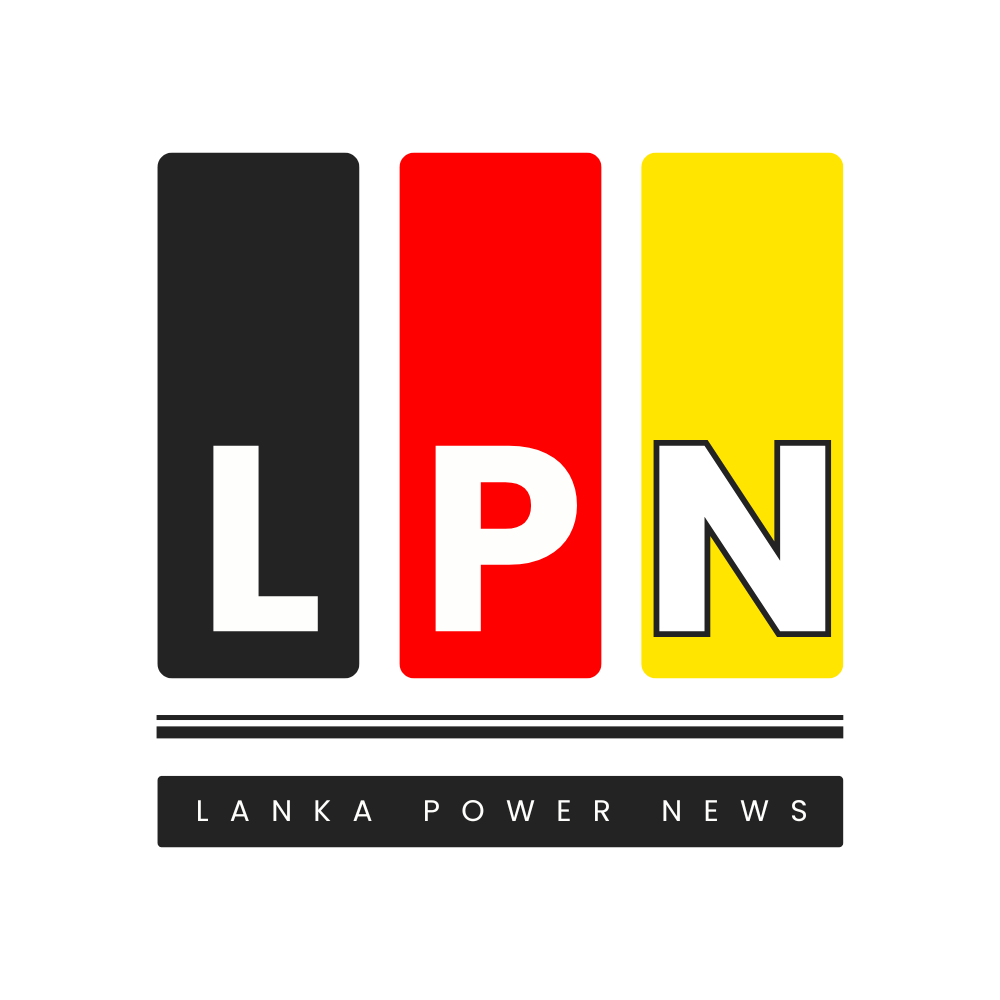
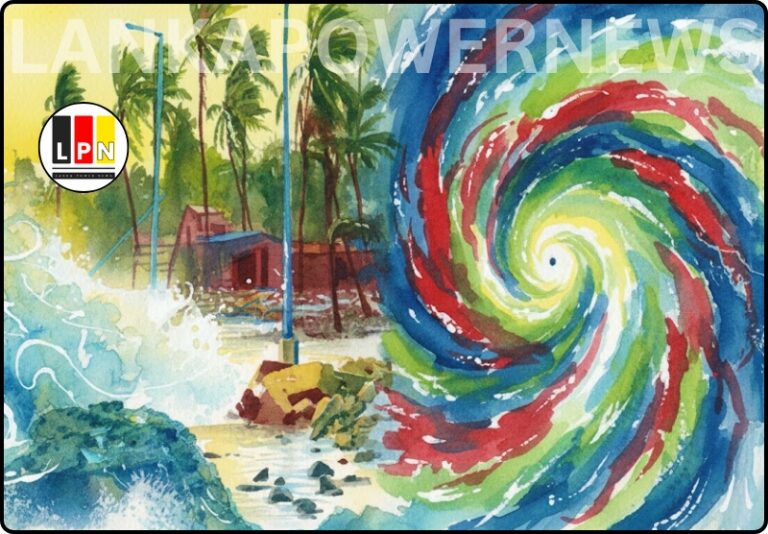
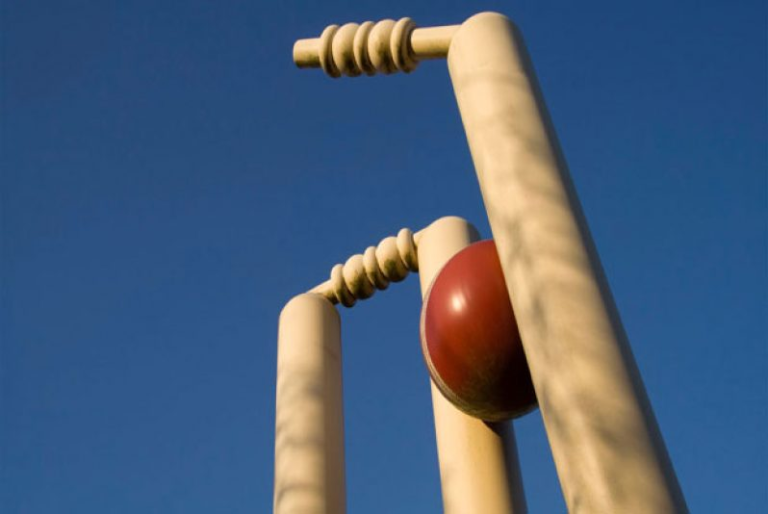
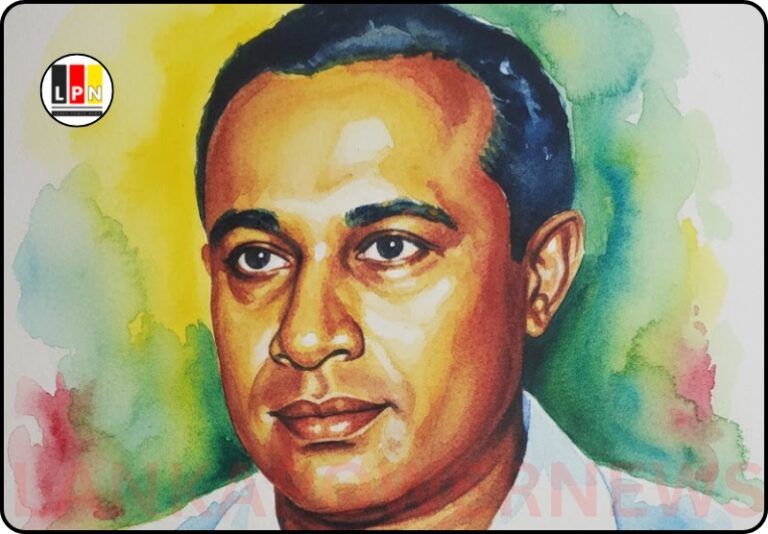
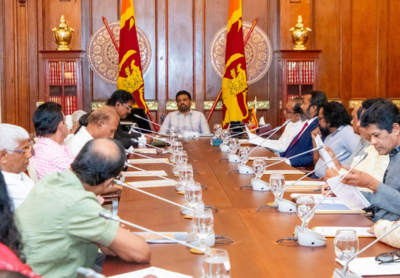
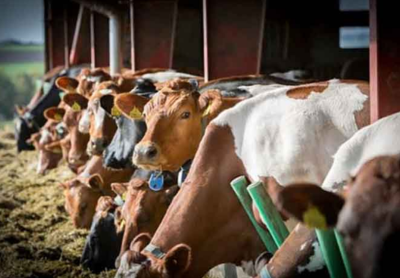

One Comment